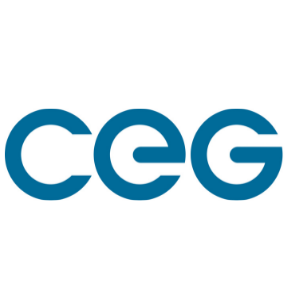Oil prices saw mixed movements on Tuesday as heightened concerns over the Middle East conflict and reduced output at Libya’s largest Sharara oilfield raised fears of supply constraints. The potential for tight supplies was tempered by weak demand projections in China, though a recovery in global markets from Monday’s sell-off offered some support.
Brent crude futures edged up by 3 cents to $76.33 per barrel by 0811 GMT, while U.S. West Texas Intermediate crude futures increased by 17 cents, or 0.2%, to $73.11. Earlier in the session, both benchmarks had climbed over $1 per barrel. On Monday, both saw a drop of about 1% amid declining global stock markets.
The price floor for oil appears to be stabilising as concerns grow over Iran’s potential retaliation against Israel and the U.S. This follows the assassination of a Hamas leader in Tehran and an Israeli strike killing a Hezbollah commander in Lebanon, raising the spectre of a broader regional conflict. Adding to the tension, U.S. officials reported an attack on a military base in Iraq that injured at least five U.S. personnel, though its connection to the retaliation threats remains unclear. The U.S. has urged other nations to discourage Iran from escalating the situation, according to a State Department spokesperson.
Despite these geopolitical tensions, oil price rallies have been limited by weak demand figures, particularly from China. Harry Tchilinguirian, an analyst at Onyx Capital Group, noted that the expected seasonal increase in demand during the third quarter has been underwhelming, with consumption of road fuels like petrol and diesel falling short of initial optimistic forecasts.
The bearish outlook was somewhat offset by data indicating a recovery in the U.S. services sector, the world’s largest oil consumer, which bounced back from a four-year low in July. Additionally, a broader rally in Asian equity markets following Monday’s decline provided further support for oil prices. IG market strategist Yeap Jun Rong commented that the overall recovery in market sentiment and resilient U.S. services sector data are helping to stabilise prices. However, he cautioned that more substantial improvements are needed to boost confidence in a stronger global oil demand outlook.
Compounding the situation, production at Libya’s Sharara oilfield, which produces 300,000 barrels per day, has decreased by about 20% due to ongoing protests, further supporting higher oil prices.
While geopolitical tensions and supply disruptions in Libya are driving oil prices higher, weak demand, especially from China, is capping gains. The global market recovery and resilient U.S. services data provide some support, but broader improvements are necessary to sustain higher oil prices.
Challenger Energy Group plc (LON:CEG) is a Caribbean and Atlantic margin focused oil and gas company, with a range of petroleum assets located onshore in Trinidad and Tobago, and Suriname, and offshore in the waters of The Bahamas and Uruguay.


